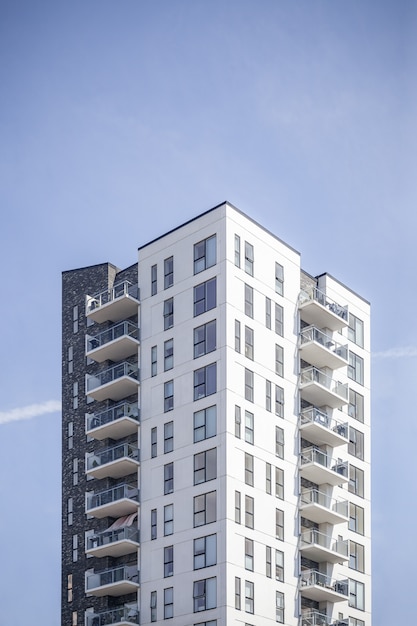Accra, capital of Ghana is more expensive to live in more than any other city in the country. Prices of goods and services are twice to thrice those of outer cities.
CRUCIAL FACTORS
Accommodation is the most expensive factor for people dwelling in this capital. In 2023, a two bedroom apartment costs 2000 cedis or 240 Dollars a month payable for 24 months. With average salaries around 1500 or 130 Dollars a month, this charge is very prohibitive for middle income earners. Food is not cheap either. Breakfast costs 2 Dollars, lunch 2.5 and supper 2 Dollars. Transportation by converted mini bus is the cheapest way to go about the city. A journey from the city center to the outskirts cost 90 cents.
INCOMES
Monthly salaries are as follows: skilled laborer 120 $, technician 150$, software practitioner 200$, manager 300$ to 500$.
The least amount required to live comfortably for a month is 400$.
Accra is expensive to live in because it is the one every one targets to migrate in Ghana due to its economic opportunities like availability of jobs and higher salaries.
A NOTE ON APARTMENT RENTING
For tourists seeking a more immersive and authentic travel experience, renting an apartment in the capital can be a compelling alternative to traditional hotel stays. While hotels offer convenience and readily available services, apartments provide a unique opportunity to live like a local, albeit temporarily. However, navigating the rental market as a tourist requires careful consideration and planning.
One of the main advantages of renting an apartment in Ghana is the space and privacy it offers. Unlike cramped hotel rooms, apartments often provide separate living areas, bedrooms, and fully equipped kitchens. This is particularly beneficial for families or groups traveling together, allowing for more comfortable and communal living. The ability to prepare your own meals can also be a significant cost-saver, especially in expensive tourist destinations.
Furthermore, renting an apartment can offer a more authentic cultural experience. Stepping outside of the tourist bubble and residing in a local neighborhood allows you to observe daily life, interact with residents, and discover hidden gems that might be missed by staying in a hotel. You can visit local markets, shops, and restaurants, immersing yourself in the local culture in a way that hotels rarely facilitate.
However, there are also potential drawbacks to consider. Finding a suitable apartment can be time-consuming, requiring thorough online research and careful vetting of potential listings. Reputable platforms like Airbnb and VRBO offer a wide range of options, but it’s crucial to read reviews and communicate with hosts to ensure transparency and accuracy.
Another potential hurdle is the lack of hotel-like services. Unlike hotels, apartments typically don’t offer daily housekeeping, concierge services, or on-site restaurants. This situation means you’ll be responsible for cleaning, laundry, and other household tasks.
Finally, security concerns should be addressed. Before booking, research the neighborhood and ensure it’s a safe and reputable area. Familiarize yourself with emergency contact information and take necessary precautions to protect your belongings.
Renting an apartment as a tourist can be a rewarding and enriching experience, offering greater space, privacy, and a deeper immersion in local culture. However, it requires careful planning, research, and a willingness to take on more responsibility compared to staying in a hotel. By considering the potential benefits and drawbacks in the city of Accra, tourists can make an informed decision that best suits their needs and travel style.
